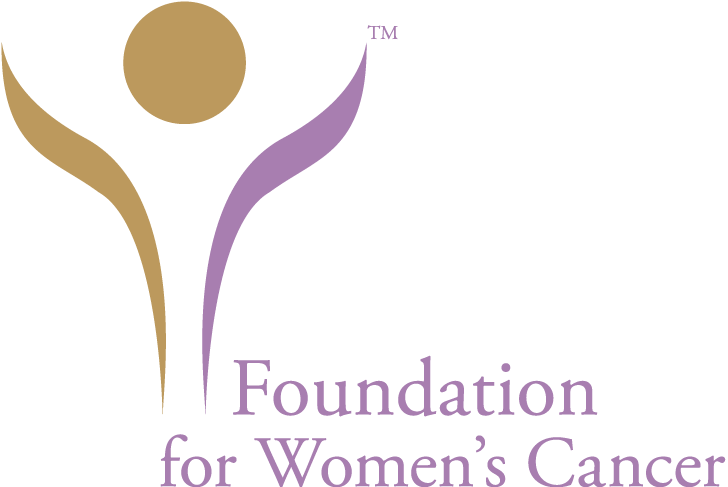Community Health Worker Training Program
The CHW Gynecologic Cancer Training Program is FREE and designed to empower Community Health Workers (CHWs) with the knowledge, tools, and confidence to support gynecologic health education, patient navigation, and advocacy within their communities. Grounded in a practical approach, the training equips CHWs to actively engage patients across the gynecologic cancer care continuum—from prevention and early detection to survivorship.
To ensure flexibility and accessibility, the program uses a blended learning model that combines flexible, self-paced online modules with interactive live virtual sessions, creating an engaging and immersive learning experience for CHWs.
Dates and Times
On mobile devices, scroll right for full details.
| Delivery Format | Session | Dates | Times | Learning Hours |
|---|---|---|---|---|
| Self-paced Study Content is available 24/7 and accessible online. |
1 | 9/8/25 – 9/14/25 | Anytime | 2 Hours |
| Live Virtual ZOOM Sessions Sessions are remote and virtual. |
2 | 9/17/25 | 9:00 – 11:30 AM (Central Time) | 2.5 Hours |
| Self-paced Study Content is available 24/7 and accessible online. |
3 | 9/22/25 – 9/28/25 | Anytime | 2 Hours |
| Live Virtual ZOOM Sessions Sessions are remote and virtual. |
4 | 10/1/25 | 9:00 – 11:30 AM (Central Time) | 2.5 Hours |
Program Details
Professional Recognition
The Foundation for Women’s Cancer will provide each participant with a Certificate for the FWC CHW Training Program upon successful completion of the program.
Program Learning Outcomes
- Describe the key stages of the gynecologic cancer care continuum and CHW interventions at each stage.
- Explain the CHW’s role in improving patient outcomes and access to care.
- Summarize the biology of cancer and key differences in gynecologic cancer types, stages, and symptoms.
- Recognize disparities in gynecologic cancer incidence and outcomes across racial, ethnic, and demographic groups.
- Identify common cancer treatment side effects and strategies for symptom management and wellness.
- Differentiate types of medical research and the role of clinical trials in advancing treatments.
- Explain the purpose and phases of clinical trials and:
- Discuss the historical underrepresentation of Black and Latine populations in clinical trials and its impact.
- Advocate for greater diversity in clinical trials and its benefits to patient outcomes.
- Identify barriers to clinical trial participation and propose strategies to improve access and representation.
Training Delivery Method
Training is designed to provide the most effective learning experience.
Self-paced study allows you access to online training modules anytime, anywhere with an internet connection. You can learn at your own pace, revisit content as needed, and fit the training into your own schedule.
Live virtual session is a scheduled, real-time training conducted online via ZOOM. These interactive 2.5-hour sessions allow participants to engage with instructors and peers, ask questions, apply newly gained knowledge, and take part in discussions and activities—all from the convenience of your own location of choice.
Program Requirements
- 1 or more years experience as a CHW
- Must serve clients on the South Side of Chicago
- Completed application form
- Post-program evaluation and follow-up survey completion
- Full program completion for Certificate and trainee honorarium
Application Process
- Complete application form
- Applications will be reviewed and approved on a rolling basis until all 20 program seats are full
Why Choose This Program
- Gain specialized skills and professional advancement
- Earn a Certificate from the Foundation for Women’s Cancer
- Support underserved patient populations and communities
- Receive a $500 honorarium upon program completion
- Train in the comfort of your own workspace or home
Hear from a former participant

“Being part of this program strengthened my ability to see the full picture—emotional, social, and clinical. It helped me ask better questions, offer relevant gynecologic cancer resources, and guide patients through a complicated system with compassion.”
Alyce Roberson, CHW
Sinai Urban Health Institute
